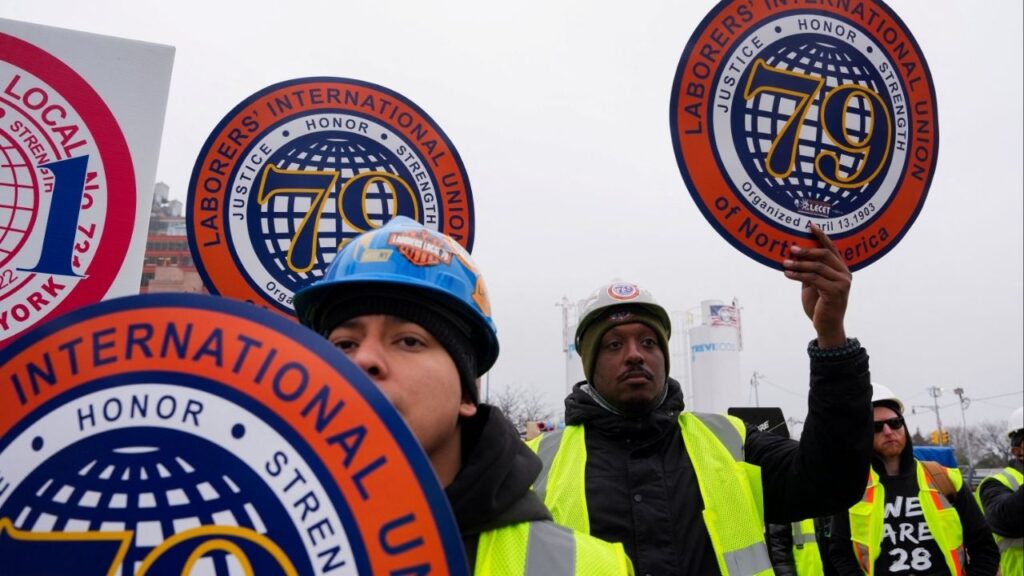Share
On paper, having one state agency as the exclusive purveyor of health care for 40 million Californians would seem to make sense, replacing dozens of federal, state and private systems and their often bewildering financial and managerial peculiarities.
Centralized health care seems to work fairly well in other developed countries, such as Canada and the United Kingdom, with per capita costs somewhat lower than those in the United States.
Previous Effort Failed
The notion has been kicking around in California political circles for years and at one point, the state Senate passed a single-payer bill, although it stalled in the Assembly for lack of a financing mechanism.

Dan Walters
CalMatters
Opinion
The idea resurfaced last week with the introduction of two measures. One to create the framework for such a system in California, the other to ask voters to levy tens of billions of dollars in new taxes, mostly on affluent taxpayers and businesses, to pay for it.
“There are countless studies that tell us a single-payer healthcare system is the fiscally sound thing to do, the smarter healthcare policy to follow, and a moral imperative if we care about human life,” the proposal’s chief author, Assemblyman Ash Kalra, said.
“What we’re trying to do is get rid of these dozens of buckets of funding — whether it’s private insurance, whether it’s employer, whether it’s Medi-Cal — put it into one bucket,” the San Jose Democrat added.
New Plan has Backing from Newsom
Kalra has obtained support from a fairly large group of his legislative colleagues and apparently has conceptual backing from Gov. Gavin Newsom, who pledged to work for a single-payer system during his 2018 campaign.
“Doing nothing is not inaction,” Kalra said of promises not kept. “It is, in fact, the cruelest of actions while millions suffer under our watch.”
The constitutional amendment needing voter support would impose a new excise tax on businesses equal to 2.3% of any annual gross receipts in excess of $2 million, plus a payroll tax of 1.25% of total annual wages on employers with 50 or more workers, another payroll tax on employers tied to workers earning more than $49,900 a year, and graduated increases in personal income taxes on affluent taxpayers.
Estimates of revenues from the new taxes vary but would, it’s assumed, top $150 billion a year. Sponsors say the taxes would be offset by eliminating what employers and individuals now pay out of pocket for health care.
Stiff Opposition Expected
Even with overwhelming Democratic majorities in both legislative houses, it may be difficult to advance the two companion measures, since they will face very stiff opposition from private employer groups such as the California Chamber of Commerce and much, if not most, of the current health care industry.
There are, moreover, some serious practical hurdles. The federal government now pays about half of the state’s medical care tab, which approaches a half-trillion dollars a year, through Medicare, Medi-Cal, Obamacare and systems serving federal employees, and civil service and military retirees. The proposal assumes that the feds would, in effect, turn over all of that money, well over $200 billion a year, to the state.
It also assumes that unions, including those of government workers, would also be willing to throw their health care money into the pot, meaning their often lavish benefits would be equalized with the rest of the state’s residents.
The biggest hurdle, however, may be convincing Californians that a state government riddled with managerial messes such as the Employment Development Department, the Department of Motor Vehicles, the bullet train project and countless failed technology initiatives should be trusted with something as important as medical care.
About the Author
Dan Walters has been a journalist for nearly 60 years, spending all but a few of those years working for California newspapers. He began his professional career in 1960, at age 16, at the Humboldt Times. For more columns by Walters, go to calmatters.org/commentary.
RELATED TOPICS:
Categories

















